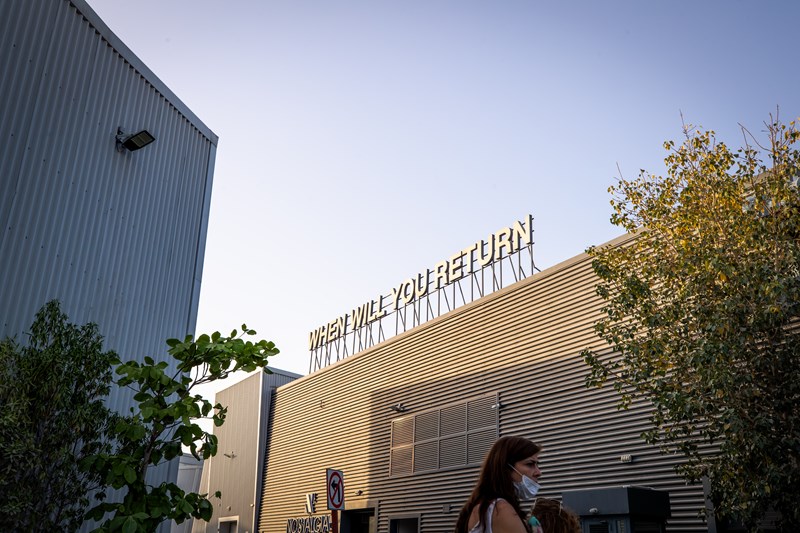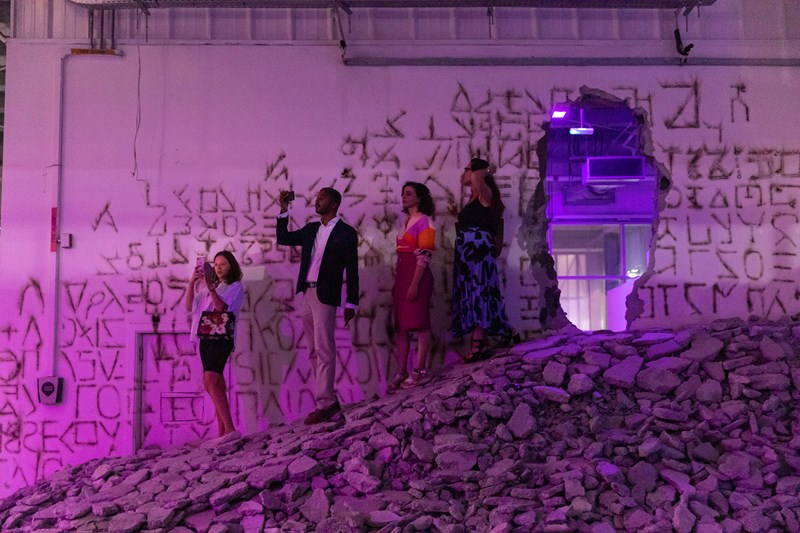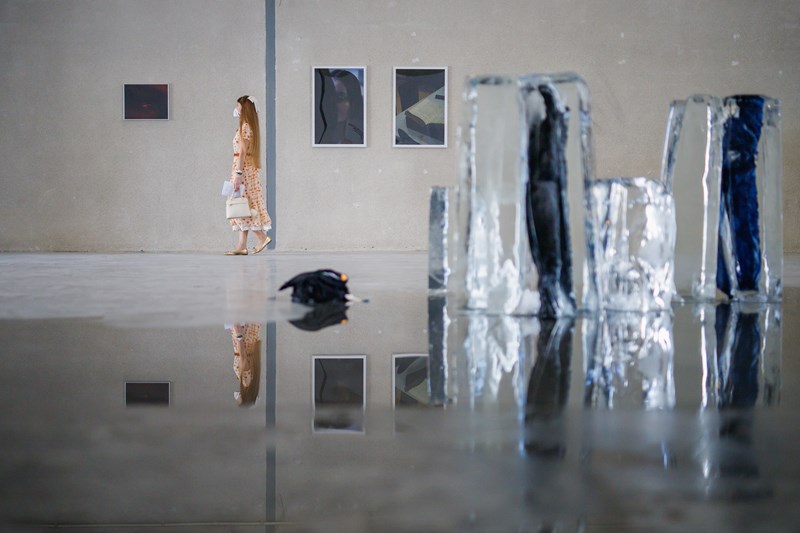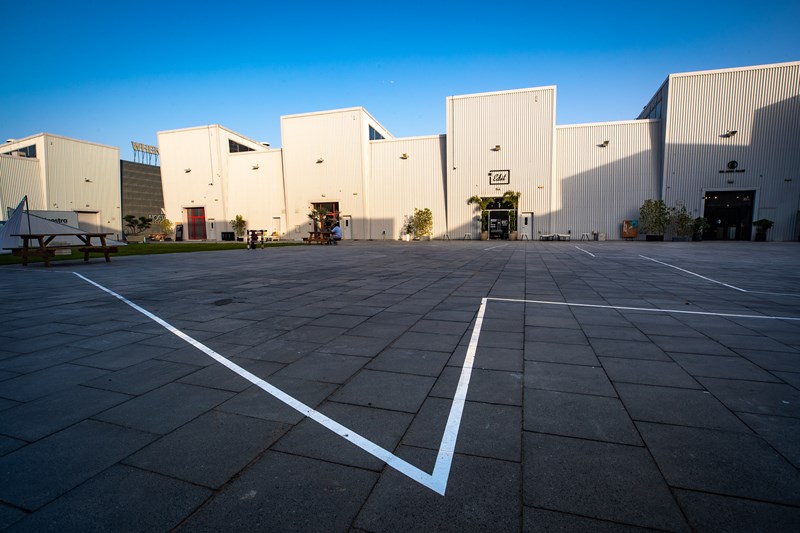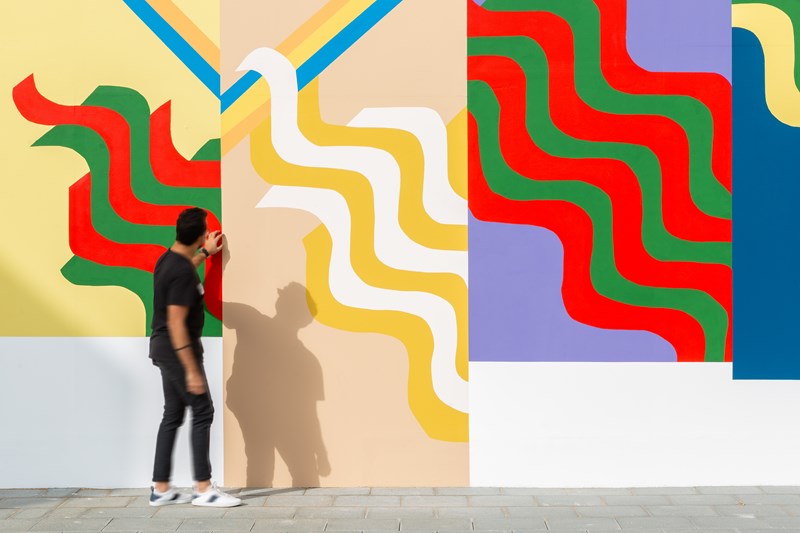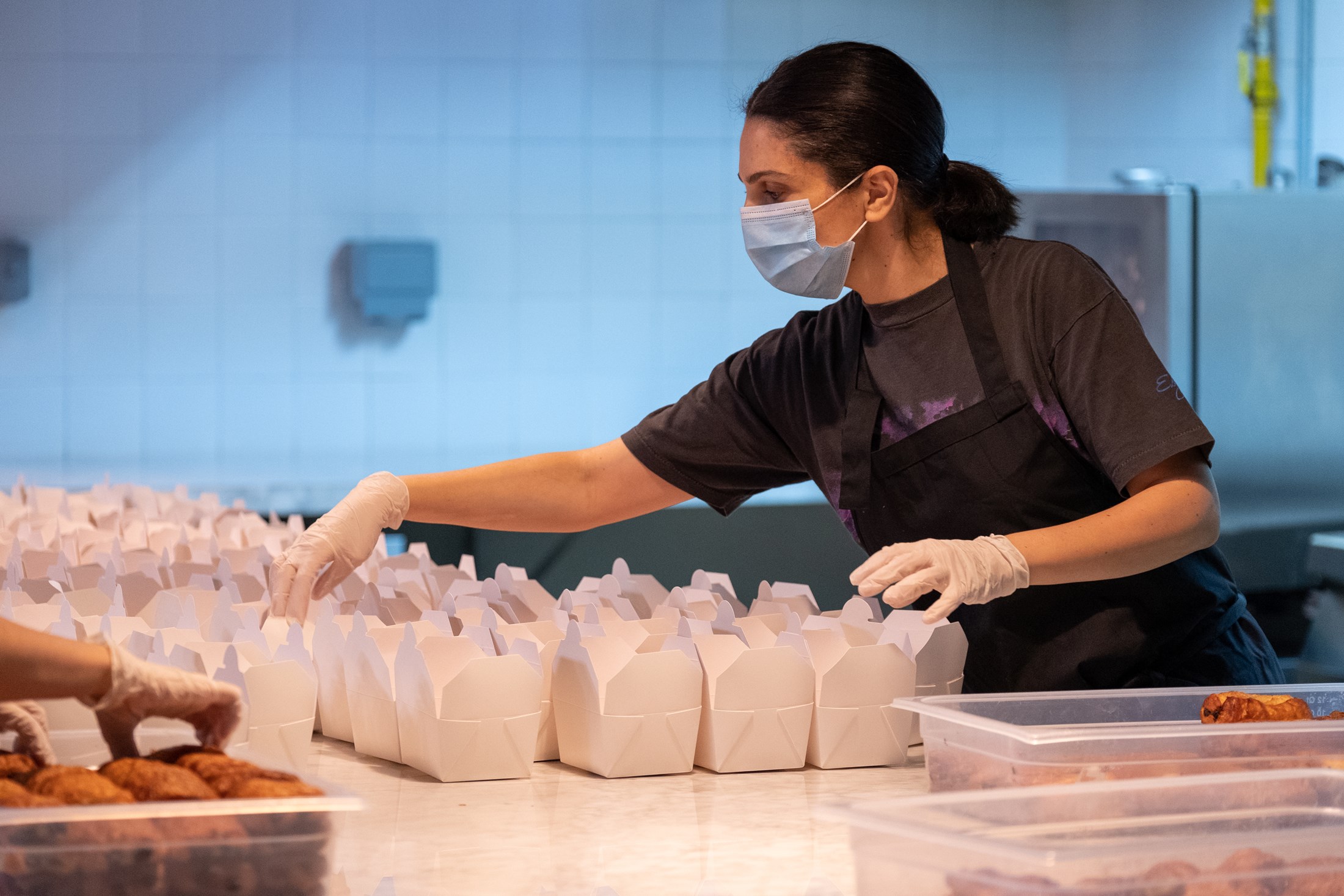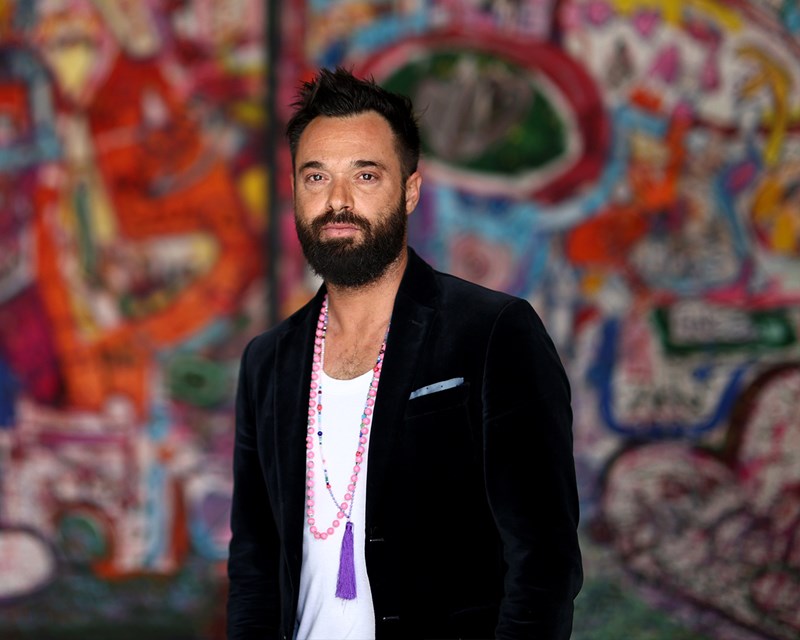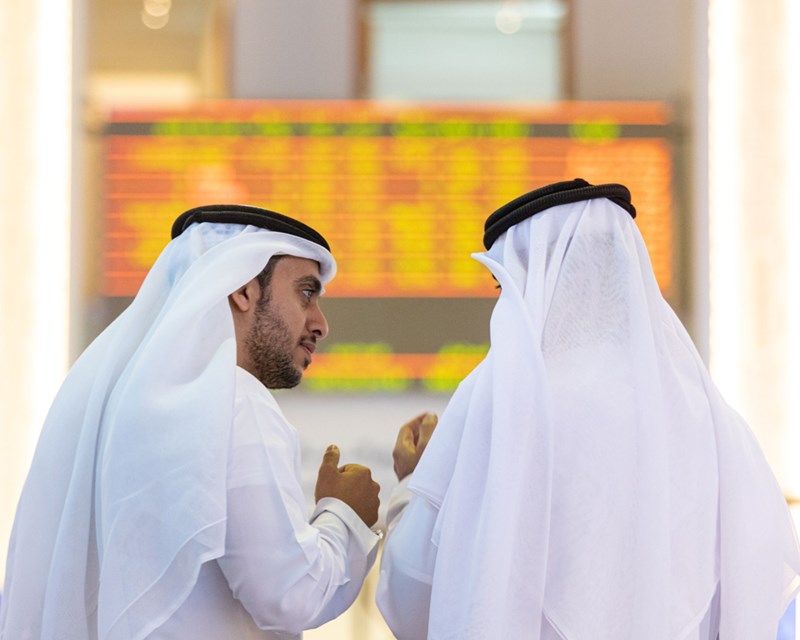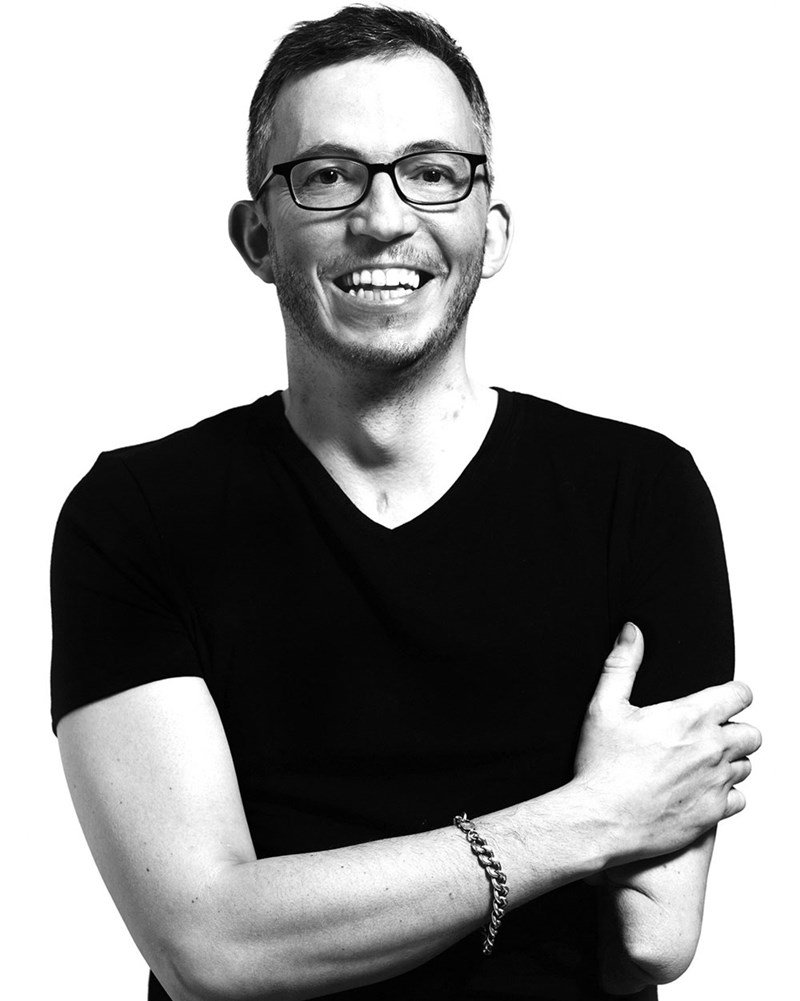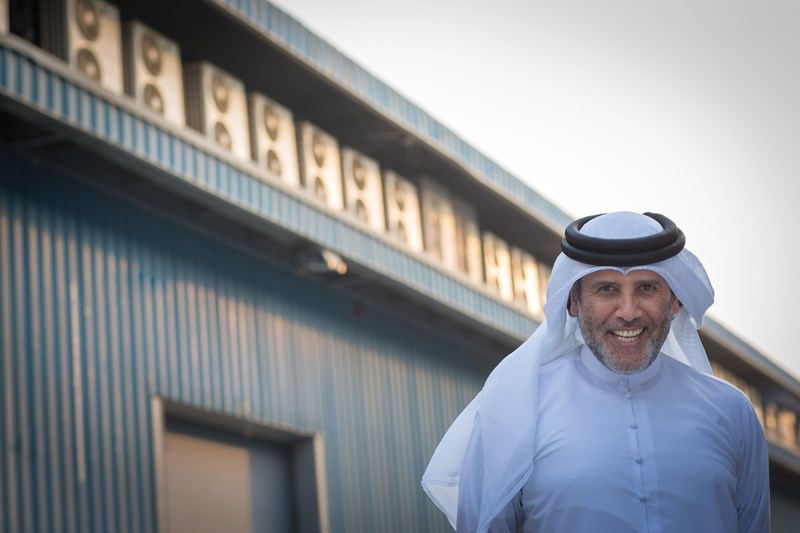Recent visitors to Dubai’s vibrant arts district, Alserkal Avenue, may have seen long lines of white tape laid out in zig-zags across the central brick-paved area known as the Yard. This was no act of vandalism or routine maintenance work, however. They were placed there by Tania Ursomarzo, a Canadian-born architect and assistant professor at the American University of Sharjah, as she mapped the space’s light, shadow, wind patterns and soundscapes in preparation for a future installation.
The final work – still to be unveiled – is just one example of the sort of alternative art, research and performance projects made possible by the Alserkal Arts Foundation, the nonprofit arm of Alserkal, a family-backed cultural enterprise that has put Dubai squarely on the global arts map through its local commissions and global collaborations.
To date, there have been nine cycles of residencies funded by the foundation. The last two were held by London-based visual artist and filmmaker, Wilf Speller, and Basel-based duo Dorota Gawęda and Eglė Kulbokaitė of the Young Girl Reading Group. Their final work was shared in open studios during Alserkal Art Week in March, as well as during a range of other public programme events.
In parallel with the residencies, the foundation has also introduced research grants – valued at between $5,000 and $15,000 – to support “dynamic individuals and collectives who disrupt conventional models” with their work.
The first cohort of researchers was unveiled last year and more are due to be named in 2022.

